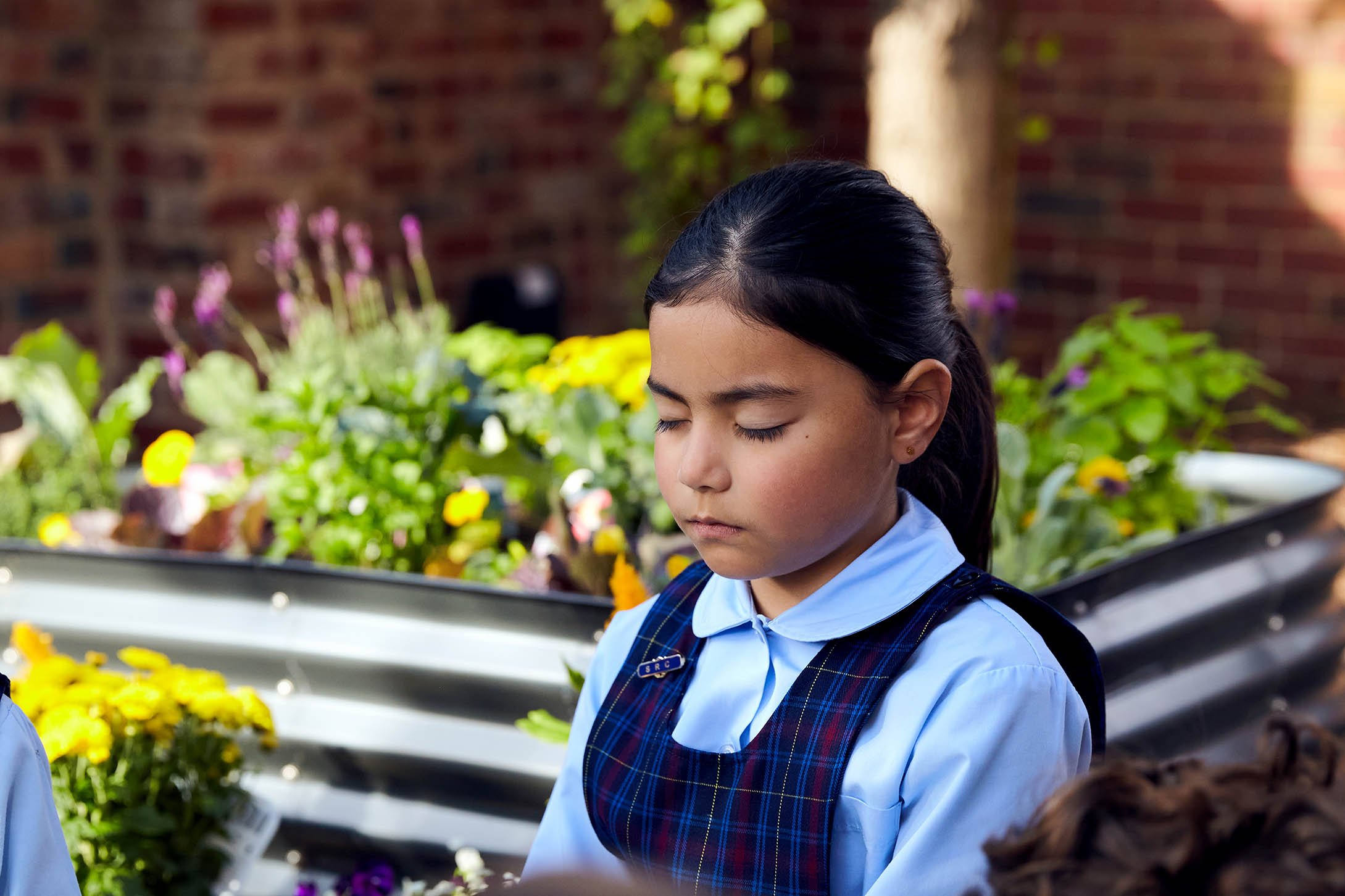Children excel when they have caring, trustworthy, and supportive relationships with others in their lives. You as their parent, carer, or teacher have a vital role to play.
With children across the country finally back in the classroom, and the holiday season right around the corner, the pace of life out of lockdown combined with the overwhelming feelings of anticipation, excitement, and uncertainty, can lead to increased feelings of worry. They say it takes a village to raise a child – a village of parents, carers, and teachers, who all hold the responsibility to support the children in their lives through this challenging time.
Children excel when they have caring, trustworthy, and supportive relationships with others in their lives. You as their parent, carer, or teacher have a vital role to play. Supporting and looking after your child’s worries and stress can be tricky at times, so we have come up with a simple three-step process to help guide you.
![]()
Step 1. Help your child identify and name their feelings
Often, our worries stem from unhelpful, intrusive thoughts. As adults, we can try to rationalise these unhelpful thoughts, by recognising that there is little point in worrying about something that may never happen. However, this concept can be difficult for children to grasp, especially when the unhelpful thought or feeling is at the forefront of their minds.
![]()
Firstly, ask your child how they are feeling. Helping your child to recognise and label what they are feeling is an intervention in itself and can support their regulation. It is important to recognise that feeling scared or anxious at a time like this is normal and okay, as it is an appropriate response to the uncertainty of our current world. A certain level of worry during a global pandemic is appropriate and can help to keep you and your child more safe and healthy.
Feelings of anxiety in children are a normal part of development. However, there is a tipping point where feelings of anxiety and worry can begin to have a negative effect on your child’s mental health and wellbeing. This leads to step two...
Step 2: Once you have identified your child's feelings, talk about them and support them to find ways to help handle what is worrying them.
For many children, worry manifests in their bodies, rather than their words. For example, a tummy ache may be an indicator that they are worried about something. Lack of, or interrupted sleep, is also a common sign that your child may be experiencing some level of worry or stress. It is important to not only identify the signs of worry but to talk about the feelings your child is experiencing, by helping them to label their feelings.
Take some time to really listen, validate and allow your child to express what they are feeling. By having calm, open, and matter-of-fact conversations with your child about how they are feeling, and why they are feeling worried or stressed, you can actively move away from feelings of worry and towards a feeling of calm.
Encouraging your child to talk about their worries with a trusted adult, can help them to let the worries go, simply by knowing an adult is there to offer reassurance and support.
Talk with your child about new ways of seeing and managing what they are worried about, brainstorm ideas, and encourage them to find what will support them.
Step 3: Practise mindfulness.

Mindfulness can help children regularly tune in and become aware of how thoughts and emotions make them feel. Mindfulness helps us to focus our energy on the present moment – not the past, and especially not the future. By encouraging your child to listen to mindfulness meditation for just a few minutes each day, they will learn how to notice where their attention and energy is being spent, and how to redirect it to a better place. The Smiling Mind App is a great place to start – it has a variety of different mindfulness meditations, tailored specifically to your child’s age.
For more resources to support your child through uncertainty and worry, check out our Care Packs for Families, containing digital tools created by Smiling Mind’s psychologists.










.jpg)




